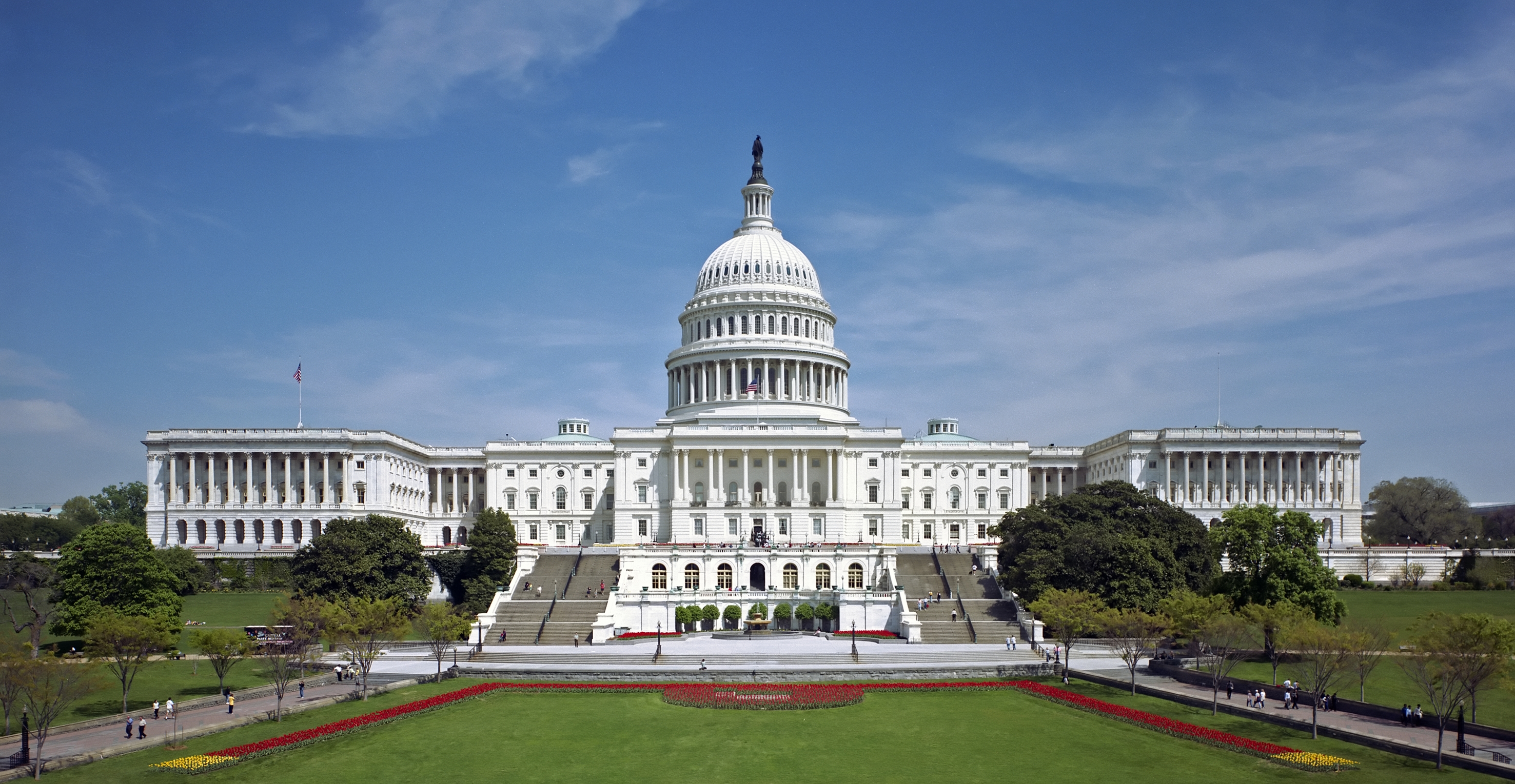The House is in session Monday through Thursday. The main legislation on the agenda this week is H.R. 7, which strengthens remedies available to “victims” of gender-based pay discrimination.
For a good analysis of the flaws in this legislation, see here.
The House will also vote on H.Res 124, legislation expressing disapproval of the administration’s recent reinstatement of the ban on transgender individuals serving in the military.
Finally, the House will vote to override President Trump’s veto of H.J.Res 46, legislation revoking President Trump’s declaration of a national emergency at the border.
The House will also consider several bills under suspension including
- H.R. 920—Places an embargo on arms shipments to any part of the Venezuelan military under control of a government not recognized as legitimate by the US government.
- H.R. 854—Authorizes $150,000,000 for 2020 and 2021 to be spent on “humanitarian aid” for the people of Venezuela.
- H.R. 1477- Our last Venezuela bill (and boy is it a doozy). Requires the Secretary of State to prepare an assumption of the threat of Russian -Venezuelan cooperation and the dangers of foreign acquisition of CITGO (the Venezuelan-owned oil company).
- H.R. 1616—Makes it a priority of US policy to help eastern and central Europe obtain energy independence.
- H.R. 1839—Expands protection from bankruptcy for certain medical patients and allows states to offer coordinated care for children under Medicaid. This program could costs an additional $20 million per year and will likely be permanent spending.
The Senate will vote on the Green New Deal. For more on the Green New Deal, see Dr. Paul’s column.
The Senate will also vote on a $13.5 billion disaster relief bill, which is smaller than the $14.2 billion version the House passed in January. However there is a bipartisan effort to increase the bill’s cost by providing more for Puerto Rico. And there will be an effort to provide aid to farmers affected by flooding.
Since this is emergency spending, Congress does not even have to try to provide offsets for the spending (but hey, it’s not like the federal debt is reaching unsustainable levels.)





